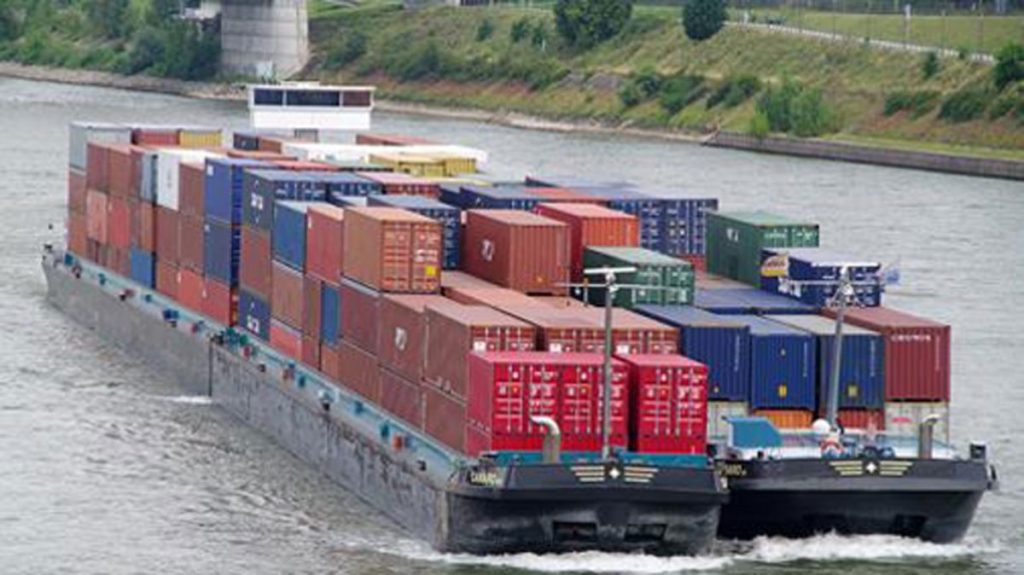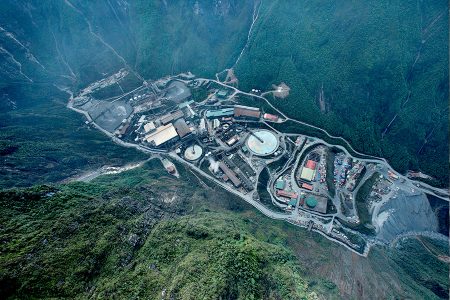
– Challenges in cargo delivery, human factors, and security persist
Esther Oritse
Lagos — Despite Nigeria’s ongoing efforts to upgrade and increase investment in port infrastructure, the country’s ports have fallen to 183rd place out of 185 countries ranked globally. The ranking, based on the World Bank’s Trading Indicator, reflects the efficiency of ports and cross-border trade.
This poor ranking is attributed to several persistent challenges, including delays in import/export processes, unofficial charges, human interface issues, technical breakdowns, and security concerns prevalent in Nigerian ports.
Mr. Eugene Nweke, Head of Research at Sea Empowerment Research Centre, commented on the development, pointing out that while port predictability and competitiveness seem distant goals, human barriers within the port delivery corridors continue to hinder the smooth movement of cargo. He described the global ranking as a “testimonial,” shedding light on the state of Nigeria’s maritime industry in 2024.
In its review of the Nigerian maritime sector, the Centre noted that despite efforts to improve port safety and security, the industry continues to face significant obstacles such as corruption, inefficiency, and limited resources.
Nweke stated: “A review of the maritime industry for 2024 reveals that Nigeria, as a major oil-producing and exporting nation, holds great potential. However, this potential is overshadowed by critical challenges such as piracy, sea robbery, and illegal bunkering, which remain widespread in Nigerian waters. The Nigerian Maritime and Safety Agency (NIMASA), in collaboration with the Nigerian Navy, has demonstrated strong leadership and commitment to addressing these issues in 2024. Stakeholders are hopeful that these achievements will be sustained, along with ongoing regulatory efforts.”
Nweke also highlighted the ongoing internal politics and distractions in the sector, stressing the growing concern over the aging workforce, which could severely impact the industry’s future. He called attention to the lack of mentorship programs and the need for long-term capacity-building initiatives to address this issue.
To ensure future growth, Nweke emphasized the need for greater government attention and investment in the maritime sector. This includes infrastructure development, enhanced safety and security, and consistent enforcement of regulations.
“The funding of the newly reinforced industry economic regulator by the government is crucial,” he added.
Regarding the shipping sector, Nweke noted a mixed performance in 2024.
The sector’s growth is strongly tied to global economic trends, and the ongoing recovery from the pandemic has impacted demand for shipping services.



